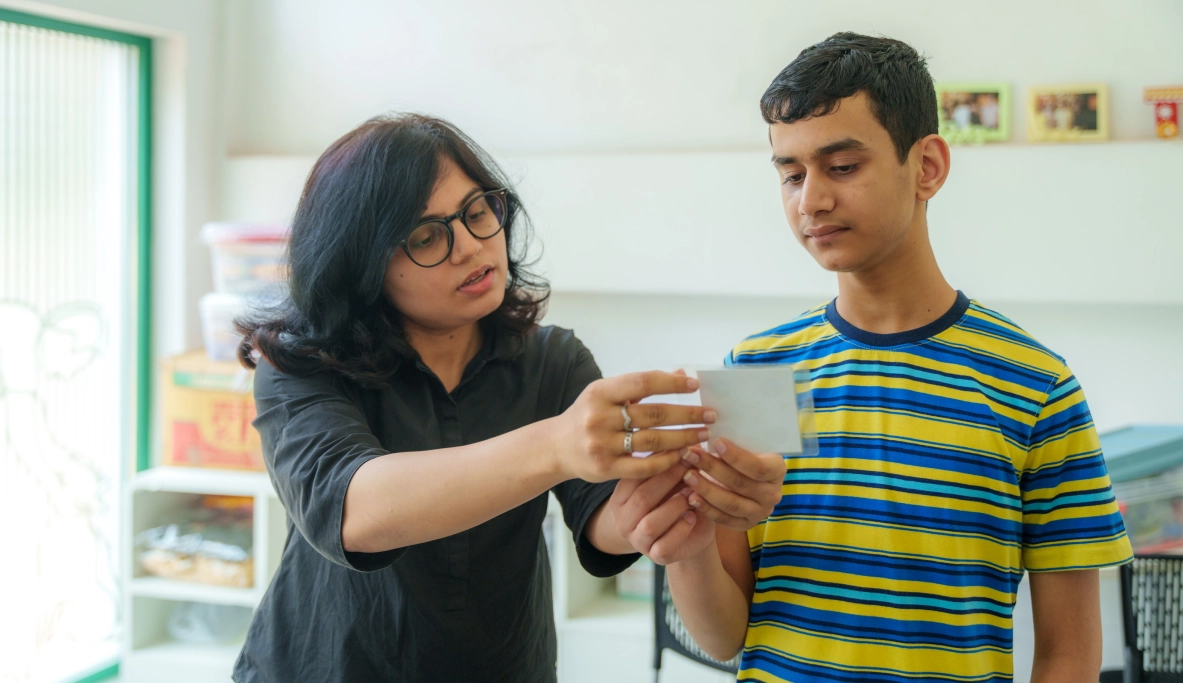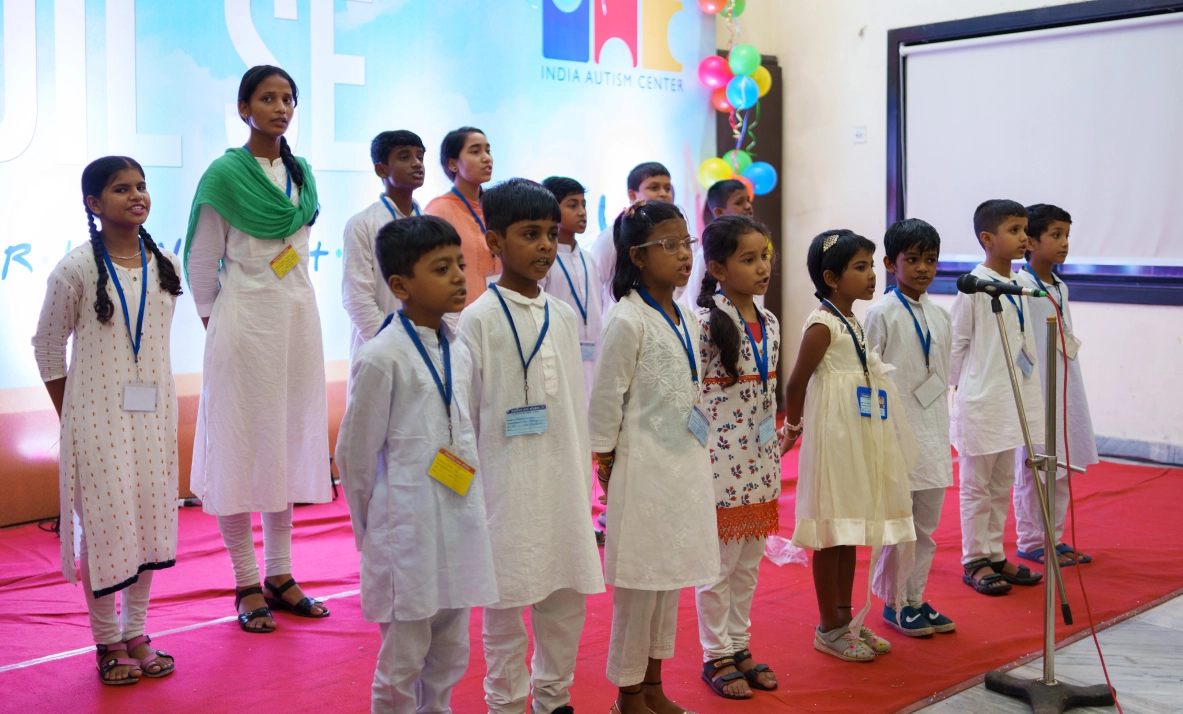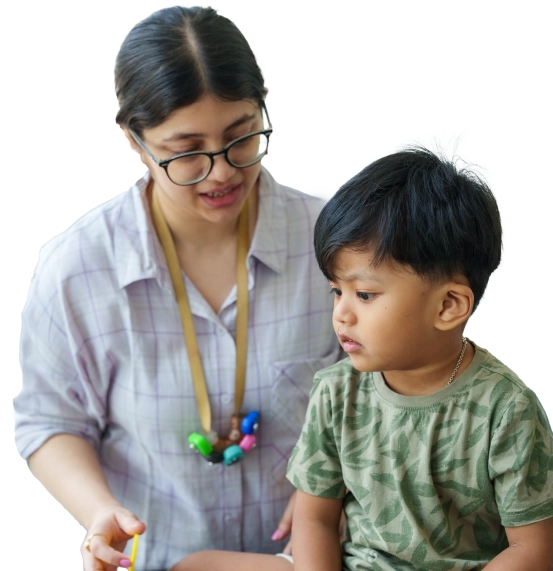Most autism-related research still chases biology—genes, neurons, diagnostics. But what happens when you actually ask families what they need?
That’s what we did. In 2020, India Autism Center ran the first-ever pan-India survey to capture what really matters to the autism community here.
Why Does This Study Matter?
Globally, autism research has been dominated by high-income countries (HICs). Think brain scans, genetics, and diagnostic timelines. These are important. But they don’t always reflect the daily realities in low- and middle-income countries (LMICs), where 90% of the world’s neurodivergent population lives.
That’s why our team at India Autism Center launched this nationwide survey in 2020, reaching hundreds of families, therapists, and educators.
The goal? To identify community priorities in three areas:
- Skills training
- Intervention
- Research
The findings can shape policy, services, and everyday support systems—especially in low-resource settings like ours.
What Did India’s Autism Community Prioritize?
Well, let’s break it down.
Firstly, self-help skills were the #1 training need.
Not academics. Not diagnostics. Families emphasized the basics—like bathing, eating, dressing, and personal hygiene.
Self-help isn’t just about independence.
It builds confidence, reduces caregiver burnout, and is key to long-term quality of life.
Secondly, speech and language therapy was the top intervention priority
Communication barriers are a daily challenge.
Respondents ranked speech therapy highest, more than occupational therapy or ABA.
For many families, the ability to express a feeling or a need is not just a skill—it’s liberation.
Thirdly, mental health counselling was a requirement, but mostly for parents
Here’s the twist. While mental health support was highly valued, parents often expressed that they needed it more than their children.
If I take this in reference to myself—if it’s supporting the parents, then I would take it higher on the list.
-Parent respondent
This signals a growing acknowledgment: caregiver mental health directly impacts child outcomes.
Lastly, community support was the most urgent research priority
Rather than abstract models or genetics, respondents wanted research that asks: “How can the community better support autistic people?”
There’s a hunger for practical solutions, culturally relevant models, and shared systems of care.
Impact of the Study (Especially in LMICs)
This study echoes findings from countries like the UK and US, where community-led research has helped shape inclusive support systems.
But South Asia needed its own lens.
Now we have it. And it's just the beginning.
India Autism Center aims to expand this work with:
- Larger, more inclusive follow-up studies.
- Representation from self-advocates, regional voices, and rural communities.
- Direct collaboration between families, researchers, and neurodivergent individuals.




